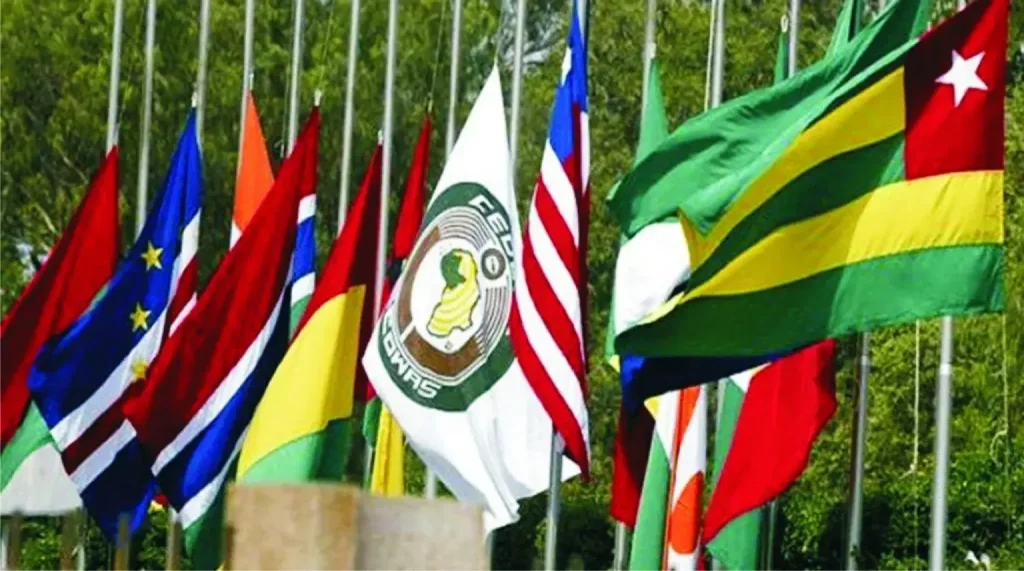
ENUGU – The Federal Government has called on entrepreneurs in the South-East to aggressively leverage the ECOWAS Trade Liberalization Scheme (ETLS) to expand their market access and boost international trade across West Africa.
The appeal was made on Tuesday in Enugu during a one-day sensitization workshop on the ETLS, organized by the Ministry of Foreign Affairs’ ECOWAS National Unit in collaboration with the Enugu State Government.
The ETLS, established in 1979, is a key regional instrument that allows for duty-free and quota-free movement of goods originating within the ECOWAS region, promoting cross-border trade and economic integration.
In her address, the Minister of State for Foreign Affairs, Ambassador Bianca Odumegwu Ojukwu, described the workshop as a critical step towards empowering local businesses. She stated that the initiative is vital for deepening regional integration and positioning Nigerian Small and Medium Enterprises (SMEs) to dominate the vast West African market.
“This initiative is timely, as it speaks directly to the urgent task before us: to empower our SMEs to enable them to take their rightful place in the West African market,” Ojukwu said.
She emphasized that SMEs are the engine room of the Nigerian economy, driving job creation and innovation. She described the ETLS not just as a trade tool, but as a “strategic pillar of West Africa’s integration agenda” and a gateway to the broader African Continental Free Trade Area (AfCFTA).
However, the Ministry expressed concern that the scheme remains significantly underutilized. Many SMEs, traders, and even public sector officials are reportedly unaware of its benefits, eligibility criteria, and application processes.
Echoing the call for support, Enugu State Governor, Peter Mbah, represented by his Deputy, Ifeanyi Ossai, appealed to the Federal Government and financial institutions to create a more enabling environment for local industries to compete.
Governor Mbah highlighted that high-interest rates and stringent collateral demands from financial institutions like the Bank of Industry are major bottlenecks stifling the growth of small-scale industries.
He lamented the decline of formerly thriving industries, such as vehicle assembly plants and the Aba shoe manufacturing hub, urging for policy interventions that would remove these impediments to trade expansion and restore the region’s industrial prowess.
The sensitization programme in the South-East aims to bridge the knowledge gap, equipping local entrepreneurs with the information and networks needed to successfully navigate and benefit from the regional trade scheme.


Leave a Reply